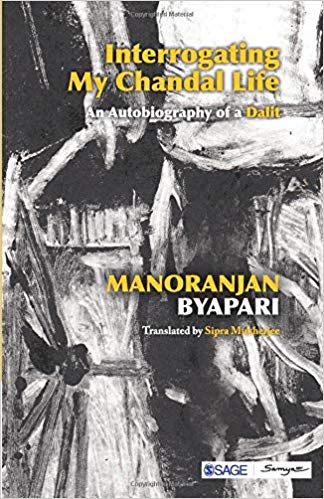It stands to reason that Manoranjan Byapari, who was launched into his unusual literary career by no less than Mahasweta Devi, should express not just irreverence but a no-holds-barred anger against the feudal lord turned poet Rabindranath Tagore for his humanistic ideology and his ethical values that do not take into account the grim, stark realities in the lives of people living in the margins. Tagore advocates honesty as his creed, says Byapari, but how can those who do not know where their next meal is coming from get by with such idealism? In fact, they can hardly survive without lying, cheating, thieving, taking recourse to violence or even killing. It is very well to romanticize the values of gentleness, love and forgiveness, or to indulge in an innocuous appreciation of nature, but can one do that with the fire of hunger raging in one’s belly, and the uncertainty of one’s quotidian existence driving one up against a wall? The author, however, concedes that the ‘bearded old man’ who cautioned us not to lose faith in humanity is also utterly intolerant about those who commit evil or perpetuate injustice.
In the first few chapters, the book begins to pall by churning out endlessly grim descriptions of heart-wrenching and mind-numbing poverty, until one reads of the diverse and convoluted strategies people in similar situations have to adopt to live a very basic, subsistence level existence. Some hair-raising descriptions are those of competing with dogs in order to forage dustbins during his itinerant childhood, or cupping up the starch from cooked rice that flows down drainpipes, which were commonplace for the likes of him while scrounging for food. Ironically, the narrative acquires colour and flavour in the way it chronicles the gory, often dangerously life-threatening criminal methods one has to resort to just to be minimally fed and clothed. Shockingly, the jail is talked about as a place that can ‘cure’ one’s hunger. It serves inadequate food and makes the inmates scavenge for scraps of waste that are barely edible, but it also serves regular hot meals that one does not have to earn. When Madan, which is the actual nickname or the assumed pseudonym of the author-protagonist, is on the run with another boy, he explains how committing petty crimes and being compelled to spend a few days in a prison lock-up is a nice pay-off for getting caught while travelling ticketless. If one does not have the daring needed to steal food and run away without paying for it, offering to work in a tea shop is an alternative way out of endless starvation.

